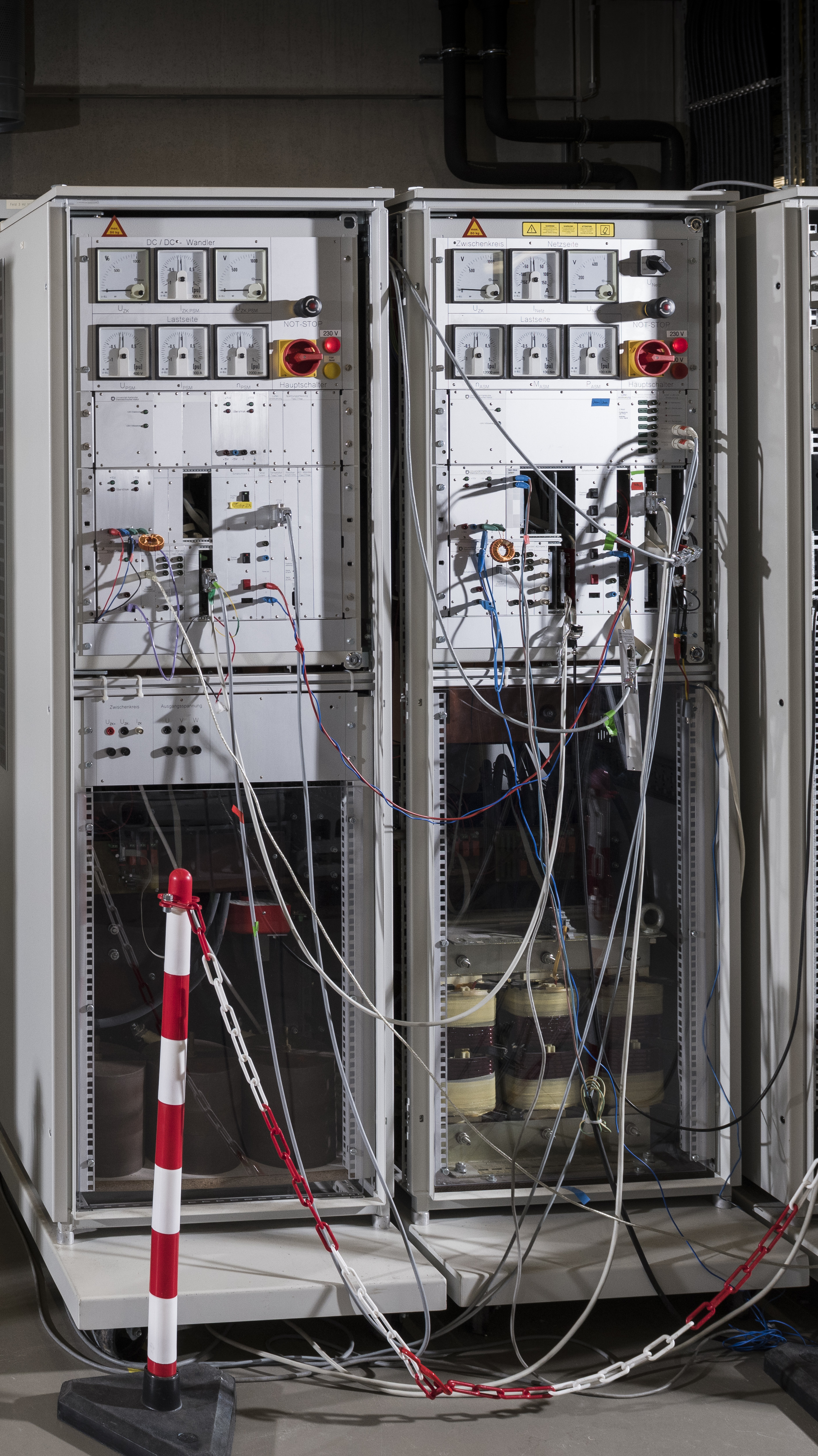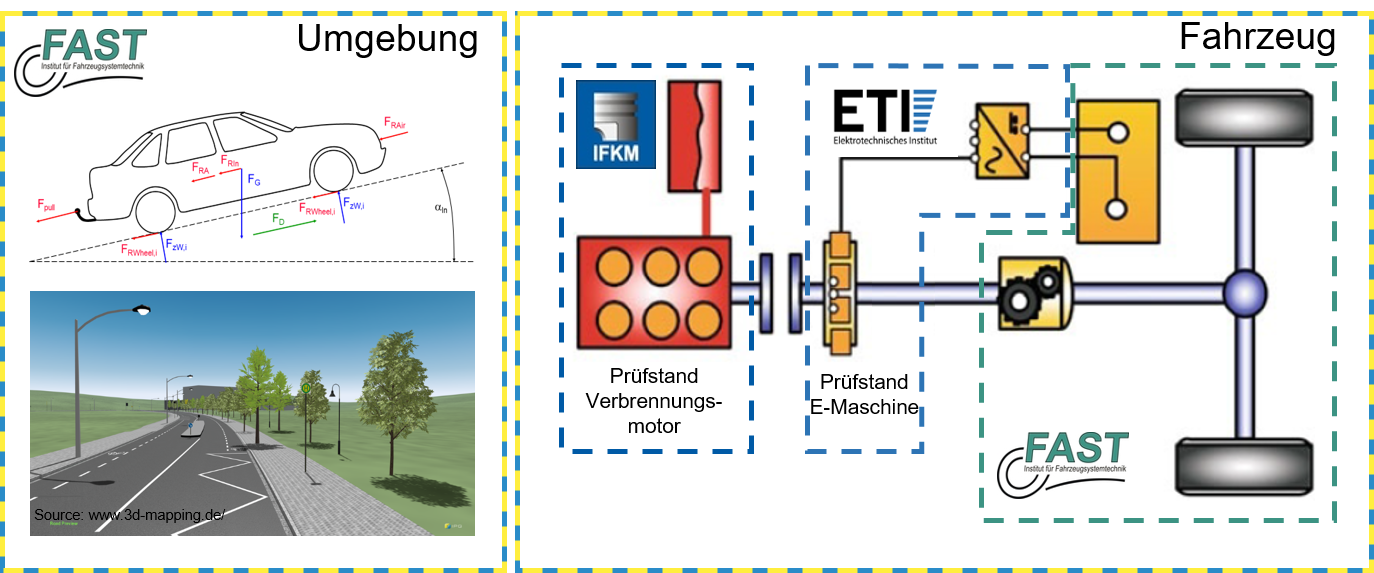
M.Sc. Philipp Degel
- wissenschaftlicher Mitarbeiter
- Phone: +49 721 608-41779
- jan degel ∂does-not-exist.kit edu
KIT Campus Ost
Rintheimer Querallee 2
Geb. 70.04, Raum 127
D-76131 Karlsruhe
| title | type | semester | place |
|---|---|---|---|
| Tutorial for 2306339 Electrical Engineering and Electronics for Mechanical Engineers | WS 19/20 |
| Title | Image | Source | Short Description |
|---|---|---|---|
| A Novel Approach of High Dynamic Current Control of Interior Permanent Magnet Synchronous Machines | 2019 21st European Conference on Power Electronics and Applications (EPE '19 ECCE Europe) |
Harmonic-afflicted effects of permanent magnet synchronous machines with high power density are hardly faced by traditional current PI controllers, due to limited controller bandwidth. As a consequence, currents and lastly torque ripples appear. In this paper, a new deadbeat current controller architecture has been presented, which is capable to encounter the effects of these harmonics. This new control algorithm, here named “Hybrid-Deadbeat-Controller”, combines the stability and the low steady-state errors offered by common PI regulators with the high dynamic offered by the deadbeat control. Therefore, a novel control algorithm is proposed, capable of either compensating the current harmonics in order to get smoother currents or to control a varying reference value to achieve a smoother torque. The information needed to calculate the optimal reference currents is based on an online parameter estimation feeding an optimization algorithm to achieve an optimal torque output and will be investigated in future research. In order to ensure the stability of the controller over the whole area of operation even under the influence of effects changing the system's parameter, this work as well focusses on the robustness of the “hybrid” dead beat controller. |

Methodology Hybrid Testing
- Contact:
Prof. Dr.-Ing. Martin Doppelbauer
- Project Group:
Hybrid Electrical Vehicles
- Funding:
Forschungsvereinigung Verbrennungskraftmaschinen (FVV)
(Funding code: 6013633)
Total project funding: ~ 600.000 €
- Partner:
KIT - Institut für Fahrzeugsystemtechnik (FAST)
KIT - Institut für Kolbenmaschinen (IFKM)
- Startdate:
01.07.2019
- Enddate:
30.06.2021
Objectives and Results
Development of a new methodology for testing hybrid power transmissions by networking test benches. At the end of the project, the partners will be provided with a guideline that will enable them to network their test benches and test hybrid powertrains in early stages of development.
Content and Approach
Within the project, test benches for electric and combustion engines are to be networked across locations. With the help of higher-level complete vehicle models, entire hybrid powertrains can be mapped by networking the individual test benches. Besides the mechanical and electrical parameters, the thermal conditioning of the relevant system components is one of the main areas of research.
At the beginning, the boundary conditions are investigated. This involves working out which communication methods are possible and which interfaces and additional functionalities must be implemented on the test benches. The requirements for the hardware and the corresponding test cases are also defined. In the further course an exemplary networking is realized at the involved institutes.
The test cases will be used to test this networking and record the measurement data. In order to verify the methodology, these are compared with the measurement data of a comparable hybrid vehicle in combination with a complete vehicle test bench. Finally, the evaluation is carried out in close cooperation with the industrial partners, the elaboration of the guideline and a detailed documentation.

